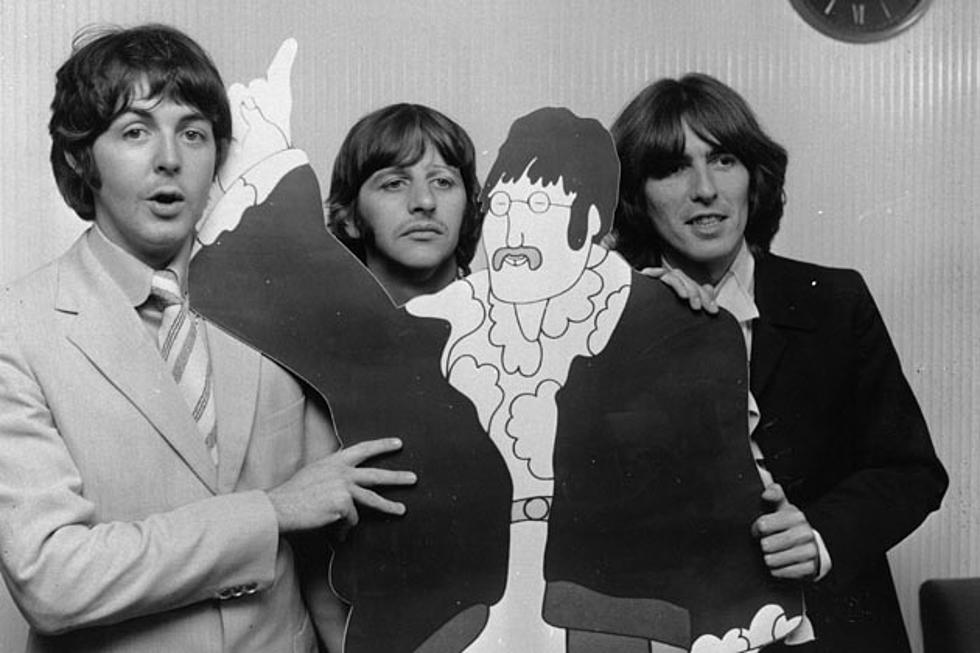
When Fleetwood Mac Stayed Bluesy on ‘Mr. Wonderful’
Fleetwood Mac were in the thick of it as the U.K. blues-rock boom of the late '60s escalated. They followed the band's rootsy early 1968 debut with with their second album, Mr. Wonderful, in August.
Much like their self-titled first LP, Mr. Wonderful features a mix of blues covers and originals mostly written by guitarists Peter Green and Jeremy Spencer. The rhythm section of drummer Mick Fleetwood and bassist John McVie anchor the music, with the guitarists free to roam where they choose.
Still, there's something missing here: "It was recorded in four days, and it sounds like it," Fleetwood recalled in his autobiography Fleetwood: My Life and Adventures in Fleetwood Mac. "Ragged low-down blues by the seat of the pants," he called it.
The album kicked off with a fiery example: Green's "Stop Messin Round," which picks up where the debut left off while adding a key ingredient. Producer Mike Heron decided to bring in horns and a piano player to augment Fleetwood Mac's's naturally raw sound. The pianist, by the way, was Christine Perfect, who later became Christine McVie, on loan from the band Chicken Shack.
Fleetwood Mac's take on down-and-out blues continues in varying degrees throughout Mr. Wonderful. The Delta stomp of Elmore James' "Dust My Broom" gets it right, with a raw vocal performance and some ace slide-guitar playing by Spencer. But Green's "Love That Burns" includes a horn arrangement that dilutes the soul-searing blues that defined this era of Fleetwood Mac, ultimately distracting from the desperation at hand.
Still, the horns and piano occasionally add a sweet jazzy flavor to the mix. The entire album sounds homemade, which works both for and against Mr. Wonderful in the end. Songs like "If You Be My Baby" and "Lazy Poker Blues" rumble in brash fashion, while "Evenin' Boogie" features a solid jump blues with excellent horns. The closing track, "Tryin' So Hard to Forget," is stripped bare – with only guitar, vocal and harmonica. It's the purest blues on the album and a highlight, basking in its haunting darkness.
Curiously, even with all of the traditional blues sounds found on Mr. Wonderful, the album was preceded by one of Fleetwood Mac's most significant singles: "Black Magic Woman," a non-LP track, revealed Fleetwood Mac's versatility. Likewise, they followed Mr. Wonderful with two more landmark hit singles, "Albatross" and "Man of the World," which steer away from the blues while still using the music as a jumping-off point. It was a sign of things to come.
Fleetwood Mac Lineup Changes: A Complete Guide
Why Don't More People Like This Fleetwood Mac Album?



